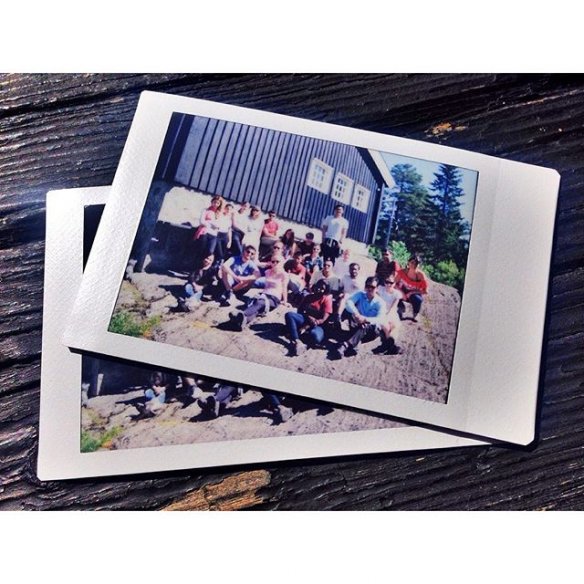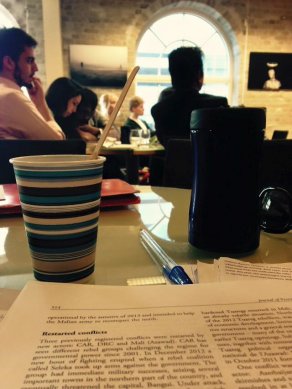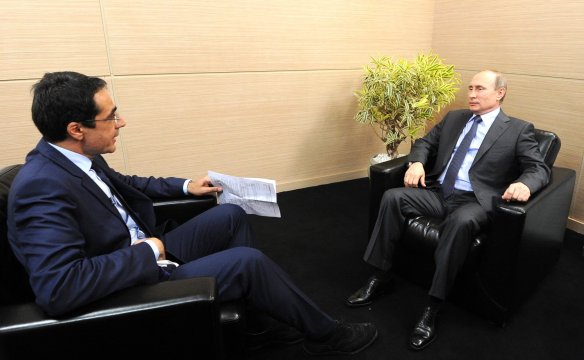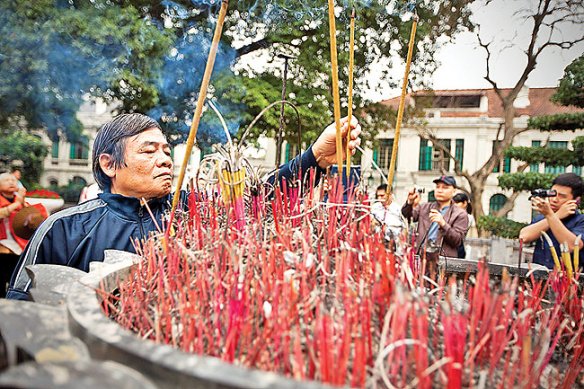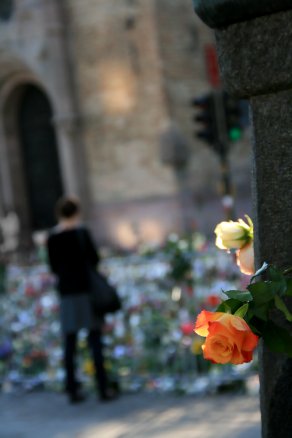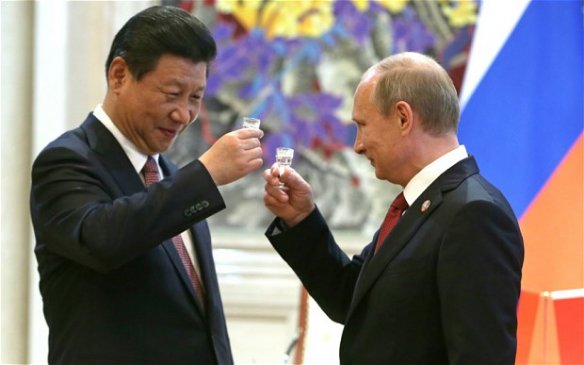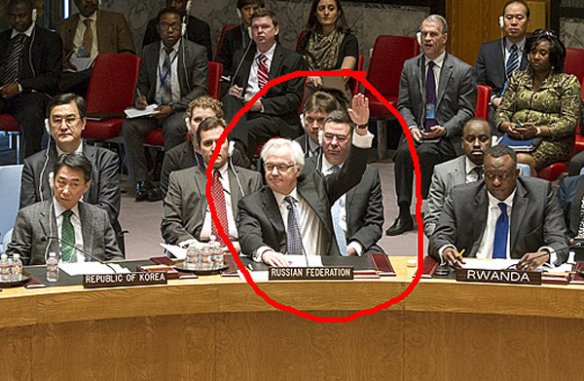
Who is responsible for the MH17 tragedy?
Exactly 40 years ago, the Soviet Union signed the Helsinki Final Act of the Conference on Security and Cooperation in Europe (CSCE), accepting commitments to respect the norms of international behavior and to observe the standards of human rights. The Kremlin had, in fact, no intention to relax domestic pressure on dissidents (who formed the legendary Helsinki group) but saw the document as a matter of pivotal importance to establish the inviolability of European borders. Today, Putin’s Russia is recycling some of the most notorious Soviet methods of suppressing the human rights movement—but at the same time, Moscow also rejects the constraints of international law and violates the borders of its neighbors at its convenience. The Kremlin assumes that Russia’s impunity is guaranteed by the country’s nuclear arsenal, but all these missiles and warheads can do nothing to deter global public opinion, which is increasingly turning against Russia.
The full text of the article is in Eurasia daily Monitor, August 3.
